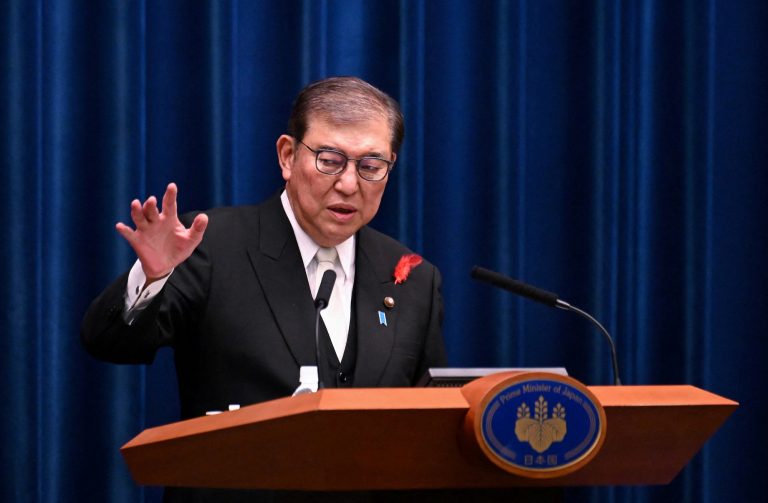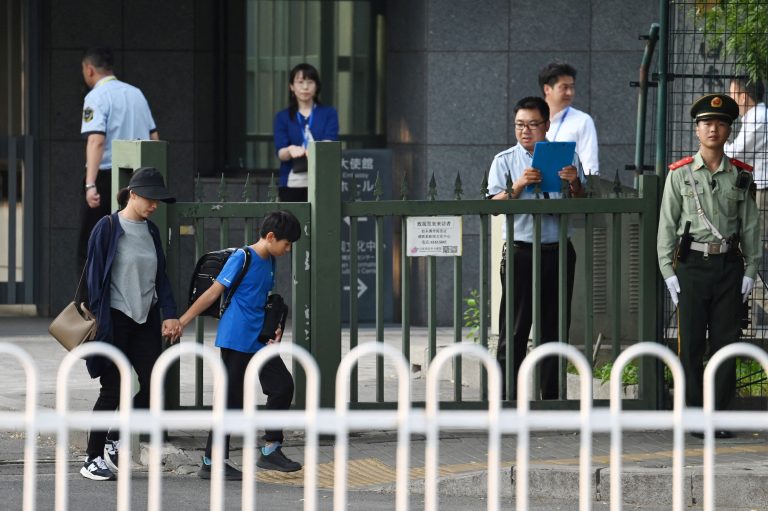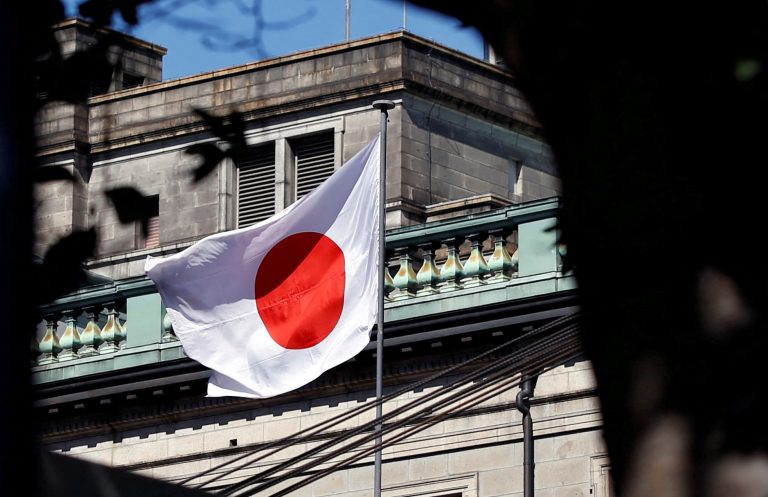Japan’s new Prime Minister Shigeru Ishiba on Tuesday (Oct. 1) promised political reform and help for households as prices rise, and said he would seek deeper ties with friendly nations to counter the gravest security threats his country has faced since World War II.
Ishiba earlier unveiled his cabinet as he seeks to heal party divisions and secure a national mandate after calling an Oct. 27 snap election.
Though a part of the center-right Liberal Democratic Party (LDP), which has dominated Japanese politics for most of the post-World War II era, Ishiba is known for his simultaneously liberal and “populist” positions.
The 67-year-old former defense minister, who at the end of September won a close-fought contest to lead the ruling LDP, was confirmed earlier in the day as prime minister by parliament.
Ishiba has called for somewhat left-wing social reforms, such as allowing women to retain their surnames following marriage, permitting female nobles to become emperor, and legalizing same-sex marriage. He has also been quoted as supporting more immigration to make up for Japan’s long-declining native birthrate, something that has sparked controversy among the nation’s right wing.
Success
You are now signed up for our newsletter
Success
Check your email to complete sign up
His administration’s approach to diplomacy with Japan’s closest ally, the United States, will be in focus, as he has repeatedly called for a more balanced relationship with Washington, including having greater oversight of bases in Japan used by the U.S. military.
He has also proposed creating an Asian version of the collective security group NATO to deter China, an idea that could draw ire from Beijing and has already been dismissed by a senior U.S. official as hasty.
Ishiba must quell simmering anger at home over political scandals, rising living costs, a sluggish economy, and navigate a volatile security environment in East Asia fueled by an increasingly assertive China and nuclear-armed North Korea.
The People’s Republic of China (PRC) Foreign Ministry urged Japan to adopt a “correct understanding” in bilateral relations and work “in the same direction” with Beijing as Ishiba prepared to take his new role.
Speaking at his first press conference, the new prime minister also promised help for those struggling with rising prices including potential payouts, a minimum wage hike, and regional revitalization.
Vision Times staff contributed to this report.







